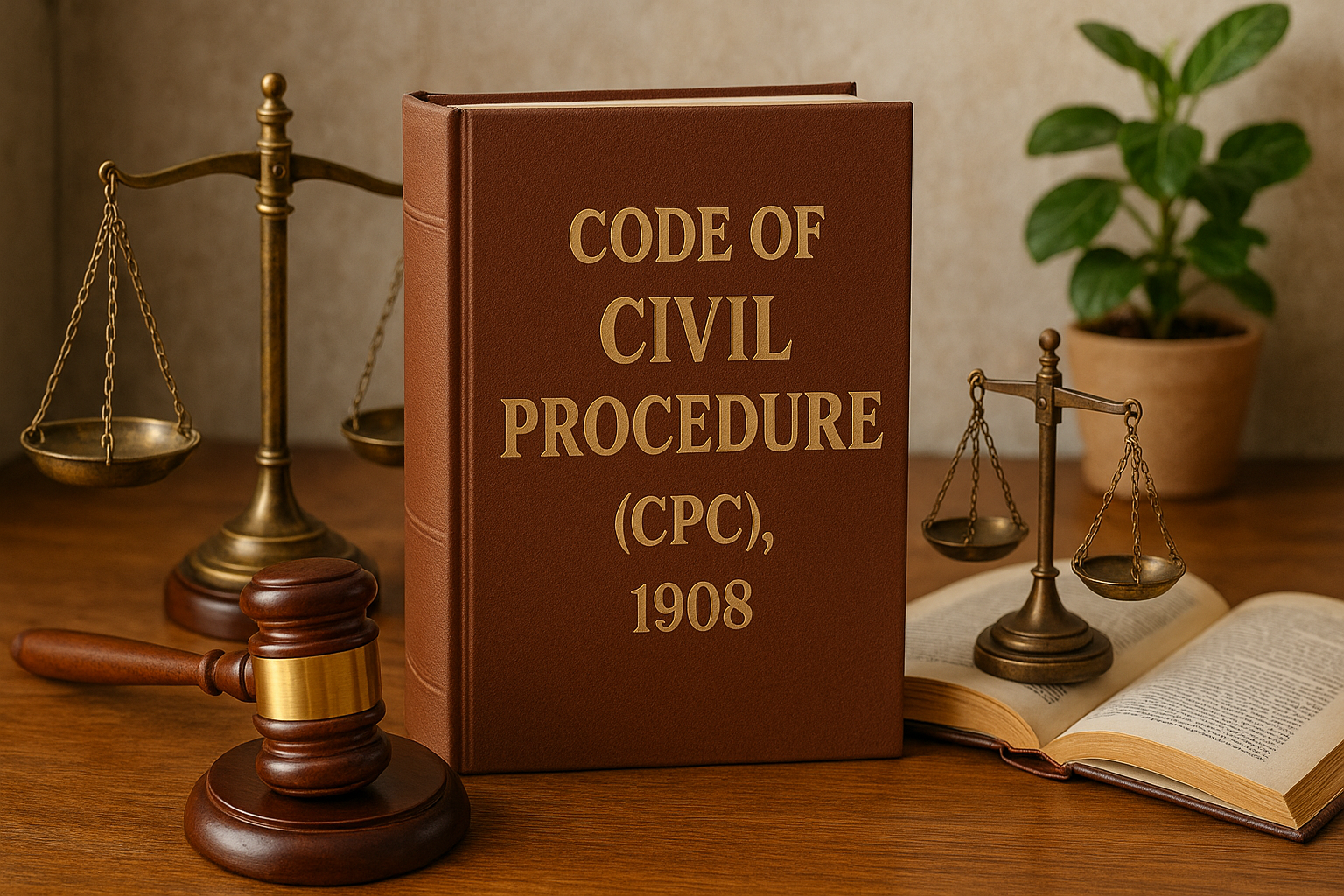Meaning of a Receiver
A Receiver is a neutral and impartial officer appointed by the court to take custody, manage, or preserve disputed property during the pendency of a suit.
The concept is governed by Order XL of the Code of Civil Procedure, 1908.
The Receiver acts as an agent of the court, not of the parties, and is appointed when the court believes that the property in question is at risk of being wasted, damaged, or misused.
Legal Provision: Order XL Rule 1
“Where it appears to the court to be just and convenient, the court may appoint a receiver of any property…”
The court may grant powers to the receiver to:
-
Collect rents and profits
-
Manage or preserve the property
-
Initiate or defend legal actions related to the property
-
Perform any duties that the court specifies
When Can a Receiver Be Appointed?
A Receiver may be appointed in the following circumstances:
-
Disputed ownership or possession of property
-
Property is likely to be wasted, misused, or destroyed
-
To preserve status quo till rights are determined
-
In partition suits, mortgage suits, or business disputes
-
Where it is necessary for just and convenient administration of property
Who Can Apply for Appointment of Receiver?
-
Either party to the suit may make an application
-
The court may also appoint a receiver suo motu, if it deems fit
Duties and Powers of a Receiver
| Function | Description |
|---|---|
| Custody and management | To manage the property in accordance with the court’s directions |
| Collection of income | Collect rents, profits, or other income arising from the property |
| Litigation | May initiate or defend legal proceedings, if permitted by the court |
| Reporting | Required to submit regular accounts and reports to the court |
| Neutral conduct | Must act in the best interest of the property, not for any party |
Security and Remuneration
-
The court may direct the Receiver to furnish security for the proper discharge of duties (Order XL Rule 3).
-
The court also fixes remuneration, which is usually paid from the income of the property.
Removal of Receiver
Under Order XL Rule 1(d), the court can remove a receiver:
-
For misconduct or negligence
-
If the receiver fails to perform assigned duties
-
If the purpose of the appointment no longer exists
Receiver vs. Commissioner
| Basis | Receiver | Commissioner |
|---|---|---|
| Role | Custodian or manager of property | Investigates facts and submits a report |
| Power | May take possession and control | Cannot take control of property |
| Appointment | Under Order XL | Under Order XXVI |
| Involvement | Ongoing throughout litigation | Limited to fact-finding |
Conclusion
The appointment of a Receiver under Order XL CPC is a protective measure to safeguard disputed property during litigation. It ensures that neither party gains an unfair advantage, and the property is preserved until the court resolves the dispute. Courts exercise this power with caution, making it a remedy of last resort when no other solution is practical.

